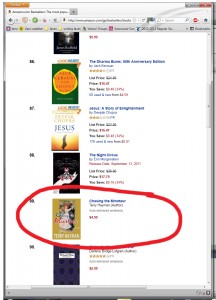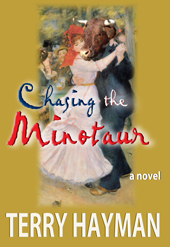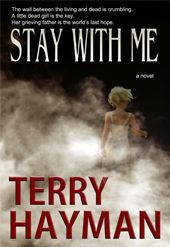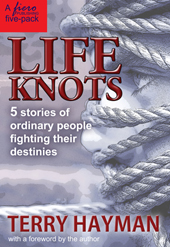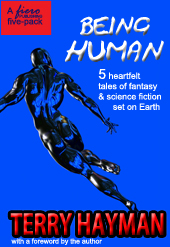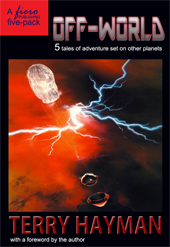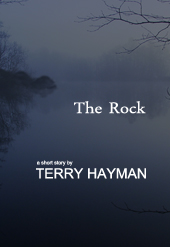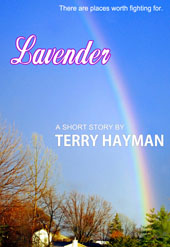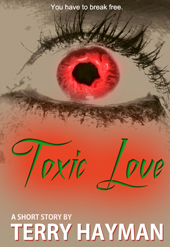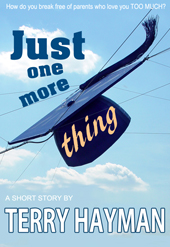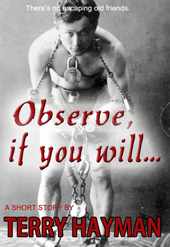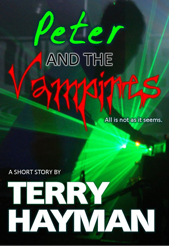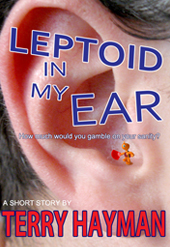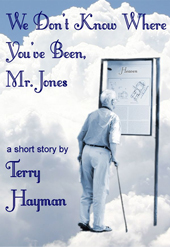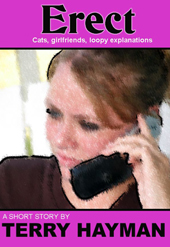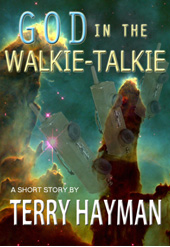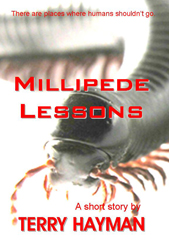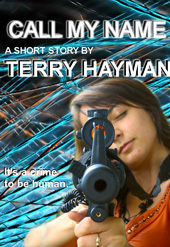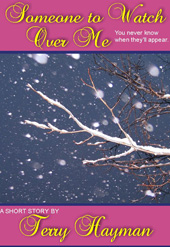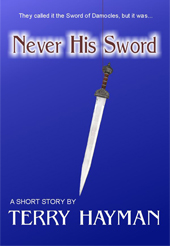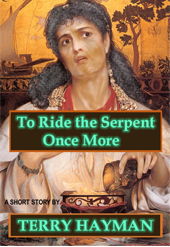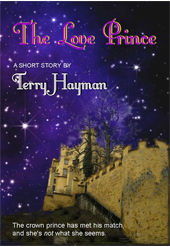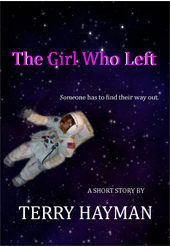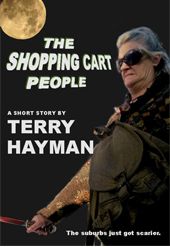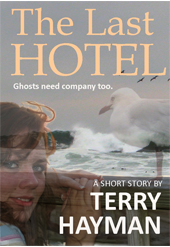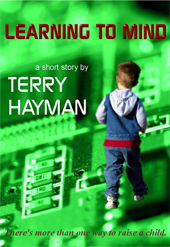 Here’s #14 in my series of posts intended to give you a sampling of how a story creator’s mind works. There are lots of different ways into a story and the ones I use will obviously work for some writers, but not others. So if you’re mainly a reader curious about writers, remember the limited population sample here. If you’re a writer looking for tips, try stuff, use what works, ignore stuff that doesn’t.
Here’s #14 in my series of posts intended to give you a sampling of how a story creator’s mind works. There are lots of different ways into a story and the ones I use will obviously work for some writers, but not others. So if you’re mainly a reader curious about writers, remember the limited population sample here. If you’re a writer looking for tips, try stuff, use what works, ignore stuff that doesn’t.
Onwards.
The way in today will be the desire to communicate a message or theme. I was told often by writers I admire a lot that you never write a story to preach a message. It leads to deadly dull writing.
Right. Kind of like saying, never write about musicians, never write to the market, always write to the market, never write phonetic dialect, always start in the middle of action, etc.
The minute I hear “don’t” or “can’t” or “must” when it comes to storytelling, my first urge is to prove the admonition wrong. Storytelling, after all, is about possibilities. Am I really going to let someone tell me that, in all those thousands of stories out there everywhere I look, there’s not one that could express a truth I want to convey in an exciting, engaging way?
So…pick a truth. Mine for today is that it’s important to face your fears and responsibilities rather than always running from them or avoiding them, even when, and maybe especially when, the expected outcome is negative. You need to build your fear-facing muscle and take risks regularly to achieve anything great in life. So you fail this time, but you get stronger to try again next time, and the time after that, until you succeed.
What kind of story would lend itself to that message? Ha! Thousands. Facing down your fear is probably a touchstone for ninety percent of the Hollywood movies out there right now. But you’ll note that the theme was the facing your fear even when the expected outcome was negative, that it’s the facing, not the overcoming, that’s critical here.
So…as my mind leaps from situation to situation, character to character, I’m trying to get down to the nub of the idea. This is a short story, after all. No time to spin out a great long character arc. It’s mostly about a decision. So let’s make the story about just that decision. And let’s keep the decision really simple.
How about a young man in a bare room, sitting on a chair, arguing with someone. If it’s SF or fantasy or a thriller, he’s arguing with a disembodied voice. But I see him arguing with someone who loves him and wants him to face his fear. His mother? Cliche. His girlfriend? Cliche. How about his daughter? Maybe. His son? Yeah. But I want the young man to be young, so maybe the son is only, like, an articulate eleven years old, so our hero could still be 27.
The more they argue – the young man doesn’t want to go out the door to face his as-yet-undisclosed fear and it’s the 11-year-old who’s telling him he must – the more you figure out the whole backstory of the two and the world they live in. Or maybe you just figure out their relationship – how he was a young dad, how the kid’s mother died and now the dad is saddled with looking after a kid when the dad barely knows how to look after himself. Maybe the kid desperately needs the dad to grow up and prove to him it’s possible.
And what is the fear the young dad must face? We never find out. It’s the fact of him being scared of it and having to finally face it, knowing he’ll probably fail, that’s the story.
I hate movies or novels like this, that set up a goal or important object being chased (the maguffin) and never tell you what it is. But this is a short story. You can get away with a lot in a short story because the reader doesn’t necessarily expect a full-rounded experience. They want a quick hit of character, setting, situation, that makes you feel and think. And in this case, not knowing what the thing is would actually strengthen the focus on what matters, which is the decision to face your fear or not.
There you go. Now go face a fear.
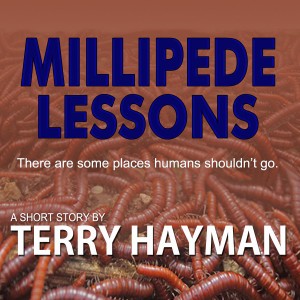 No, the blog’s not dead, just resting. While I’ve been working like a busy bee, restarting my acting career, while still writing and having Fiero Publishing get my stuff up for sale. Lots of stories up since the last blog, both under my name and various pseudonyms.
No, the blog’s not dead, just resting. While I’ve been working like a busy bee, restarting my acting career, while still writing and having Fiero Publishing get my stuff up for sale. Lots of stories up since the last blog, both under my name and various pseudonyms.




